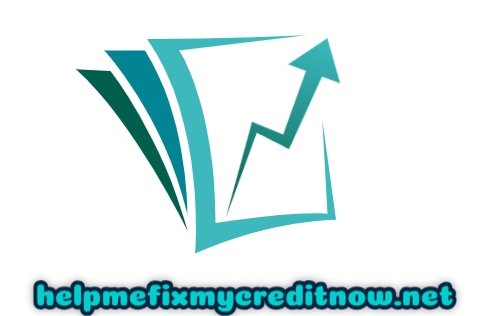
Bad credit isn’t just a number on a page — it’s a silent force that can weigh down every area of your life. You may already know it can keep you from getting a loan, but the ripple effects go deeper and wider than most people realize.
If you’ve ever felt like your financial past is holding your future hostage, you’re not alone. Millions of Americans struggle with credit issues every day. But while bad credit can feel overwhelming, it doesn’t have to be permanent. The first step toward financial freedom is understanding just how much of an impact your credit really has — and how to start turning things around.
Let’s walk through the top five ways bad credit can affect your life and what you can do today to escape the cycle.
1. High Interest Rates – or Flat-Out Rejection
One of the most immediate consequences of a poor credit score is how lenders treat you. Whether you’re applying for a credit card, a car loan, or even a mortgage, bad credit sends a message to the bank: This person might be risky.
That message translates into one of two outcomes — either you’re denied outright, or you’re approved but saddled with high interest rates. In both cases, it costs you. A higher interest rate means you’re spending more on every dollar you borrow, often thousands more over the life of a loan.
Getting access to fair, affordable credit becomes a challenge — and that can delay important life milestones like buying a home or starting a business.
2. Higher Insurance Premiums
It might surprise you, but your credit score doesn’t just affect loans — it can affect your car and home insurance, too. In most U.S. states, insurance companies are legally allowed to use what’s called a “credit-based insurance score” to set your rates.
That means if you have bad credit, your monthly premiums for car or homeowners insurance may be significantly higher. From their perspective, a lower credit score means higher financial risk — and they hedge their bets by charging you more.
So even if you’re a safe driver or a responsible homeowner, your credit can still cost you.
3. Fewer Career Opportunities
Yes, bad credit can even hurt your job search. While employers can’t see your actual credit score, many can and do check your credit report during the hiring process — especially for positions involving financial responsibility.
If your report shows a history of late payments, defaults, or collections, a hiring manager may interpret that as a sign of irresponsibility. That can cost you the job — or even prevent you from getting your foot in the door.
In an already competitive job market, bad credit can be one more hurdle you didn’t need.
4. Limited Housing Options
Finding a place to live can also be tougher with a poor credit history. Most landlords now run credit checks as part of the tenant screening process. If your score falls below the commonly accepted threshold (around 620), you may be rejected outright or asked for a higher security deposit.
That means you might be forced to rent in less desirable neighborhoods or pay more upfront just to secure housing — both of which add financial and emotional stress.
5. Strained Relationships and Emotional Toll
Perhaps the most difficult side effect of all is the one that doesn’t show up on a credit report: the emotional toll bad credit takes.
When your finances are tight, it affects your self-esteem, your stress levels, and your relationships. Arguments over money are a leading cause of tension in marriages and families. You may feel ashamed or isolated, especially if you’re doing your best but still falling short.
Financial stress doesn’t just stay in your bank account — it follows you to work, home, and every interaction in between.
So, What Can You Do?
Breaking the cycle of bad credit is absolutely possible. But it takes intention, effort, and most importantly — a plan.
Here are a few first steps to get you moving in the right direction:
1. Face It Head-On
Start by pulling your credit report and reviewing it closely. You can get a free copy from each major bureau once a year. Look for inaccuracies — incorrect balances, outdated information, or accounts that don’t belong to you. Disputing these can lead to quick improvements.
2. Stop the Bleeding
If credit cards are part of the problem, put them away for now. Focus on paying your bills on time every month. Even small positive changes, consistently applied, will begin to lift your score.
3. Seek Help if You Need It
Whether it’s a financial advisor, a nonprofit credit counselor, or even bankruptcy if you’re overwhelmed by debt — you don’t have to go it alone. Sometimes, hitting “reset” with professional guidance can be the clean break you need to start fresh.
4. Be Patient — But Persistent
Seven years may sound like a long time, but rebuilding your credit doesn’t have to take that long. Many people see improvement in as little as six months to a year with consistent good habits.
Final Thoughts
Bad credit can touch every part of your life — from your wallet to your workplace to your relationships. But it doesn’t define you.
With some knowledge, a clear plan, and a whole lot of determination, you can dig yourself out and build something better. Because no matter where you’re starting from, financial freedom is still within reach.
Credit recovery isn’t just about numbers — it’s about giving yourself a fresh start and a future you can be proud of.
So take that first step, however small. Your new chapter starts now.



